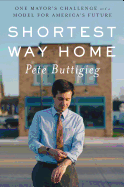Books like waterbirds
flying over bookshelf pond.
Splash! Some land, most gone.
I like Marie Kondo, but I'm keeping my books. Well, not all my books. Actually, my wall of books sparks joy. Then again, I dispose of books all the time. "Tidying up" can be a confusing goal for the professional reader. Help, Marie! No, on second thought, don't look.
Just when you thought it was safe to stop worrying about all the books you haven't read because... tsundoku ("All those books you've bought but haven't read? There's a word for that"; "The value of owning more books than you can read"), last week that bully Marie Kondo returned to the neighborhood with her new Netflix series and inspired a critical cascade of antonyms for "joy."
The series, Tidying Up with Marie Kondo, is of course inspired by her bestselling books The Life-Changing Magic of Tidying Up: The Japanese Art of Decluttering and Organizing; and Spark Joy: An Illustrated Master Class on the Art of Organizing and Tidying Up.
The Kondo social media uprising was sparked by a tweet from author Anakana Schofield: "Do NOT listen to Marie Kondo or Konmari in relation to books. Fill your apartment & world with them. I don't give a shite if you throw out your knickers and Tupperware but the woman is very misguided about BOOKS. Every human needs a v extensive library not clean, boring shelves."
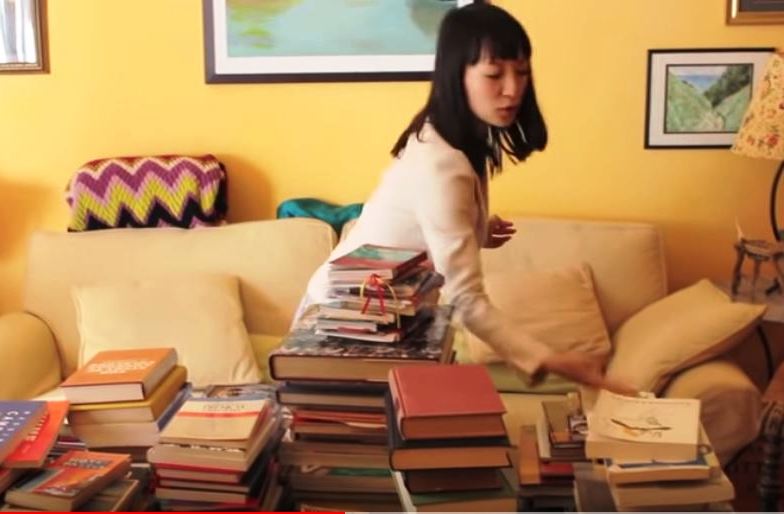 |
| Marie Kondo "awakening" the books. |
There are numerous threads of anger out there now, as a cursory Googling of "Marie Kondo" and "books" will quickly show.
Among the writers who addressed the KonMari book brouhaha via Twitter were Sam Sykes ("I can't believe Marie Kondo said to destroy all books and then broke into peoples' houses individually and made them eat all their books and then when they tried to protest she said 'don't talk with your mouth full of books, bookmouth' and all the cool kids laughed at them"); Kevin Nguyen, who described the backlash as "both a misunderstanding of Marie Kondo and books"; and Ronan Farrow: "A child scrambles back, wild-eyed and weeping, clutching a stack of dog-eared books. A shadow looms over him. 'Time to declutter,' says a high, prim voice. Marie Kondo pulls a lighter from a spotless cardigan. 'Now burn the books... kudasai.' (How I assume that Netflix show goes.)"
In the Guardian, Schofield observed: "The metric of objects only 'sparking joy' is deeply problematic when applied to books. The definition of joy (for the many people yelling at me on Twitter, who appear to have Konmari'd their dictionaries) is: 'A feeling of great pleasure and happiness, a thing that causes joy, success or satisfaction.' This is a ludicrous suggestion for books. Literature does not exist only to provoke feelings of happiness or to placate us with its pleasure; art should also challenge and perturb us."
By coincidence, I was fully engaged with the Kondo book conflict when I happened upon Sven Birkerts's new Agni column, "Culling: A New Year's Reflection," in which he observed: "It's coming on New Year's and now it's time. I've let it go so long, the cull, but enough is enough. Though even as I type that word I recognize that much will depend on what is deemed 'enough.' I'm talking about books, about winnowing the shelves, getting rid of things no longer wanted or needed.
"It's so easy to describe it this way, as if one were putting away the Summer clothes. But as any book-person knows, there is nothing easy about the actual doing: pulling out a book, looking at it, quickly assessing your life--your memories and ideals--in terms of it. I've been making hundreds of such decisions here in the attic today. Each private confrontation--yes/no--has marked a further refinement of my sense of who I've become. Each has been a confrontation with time."
Much of my life has been spent considering whether a particular book is worth reading and/or keeping. It's even a part of my job description. For me, "sparking joy" is at once more and less complicated than a laying on of hands to give books "a little shake and wake them up," as Kondo advises.
Also, as a fully-vested member of the tribe, I can proudly say that book people are just weird in their own special way. When I watched Tidying Up with Marie Kondo, I was less shocked by how books were being treated than by the fact that "Books" was a major KonMari method category, since they seemed to claim at best a minor--and often non-existent--role in most of her clients' homes. Clothes were by far the alpha possession.
But Kondo insists in The Life-Changing Magic of Tidying Up that books "are one of three things that people find hardest to let go," adding: "Imagine what it would be like to have a bookshelf filled only with books that you really love. Isn't that image spellbinding? For someone who loves books, what greater happiness could there be?"
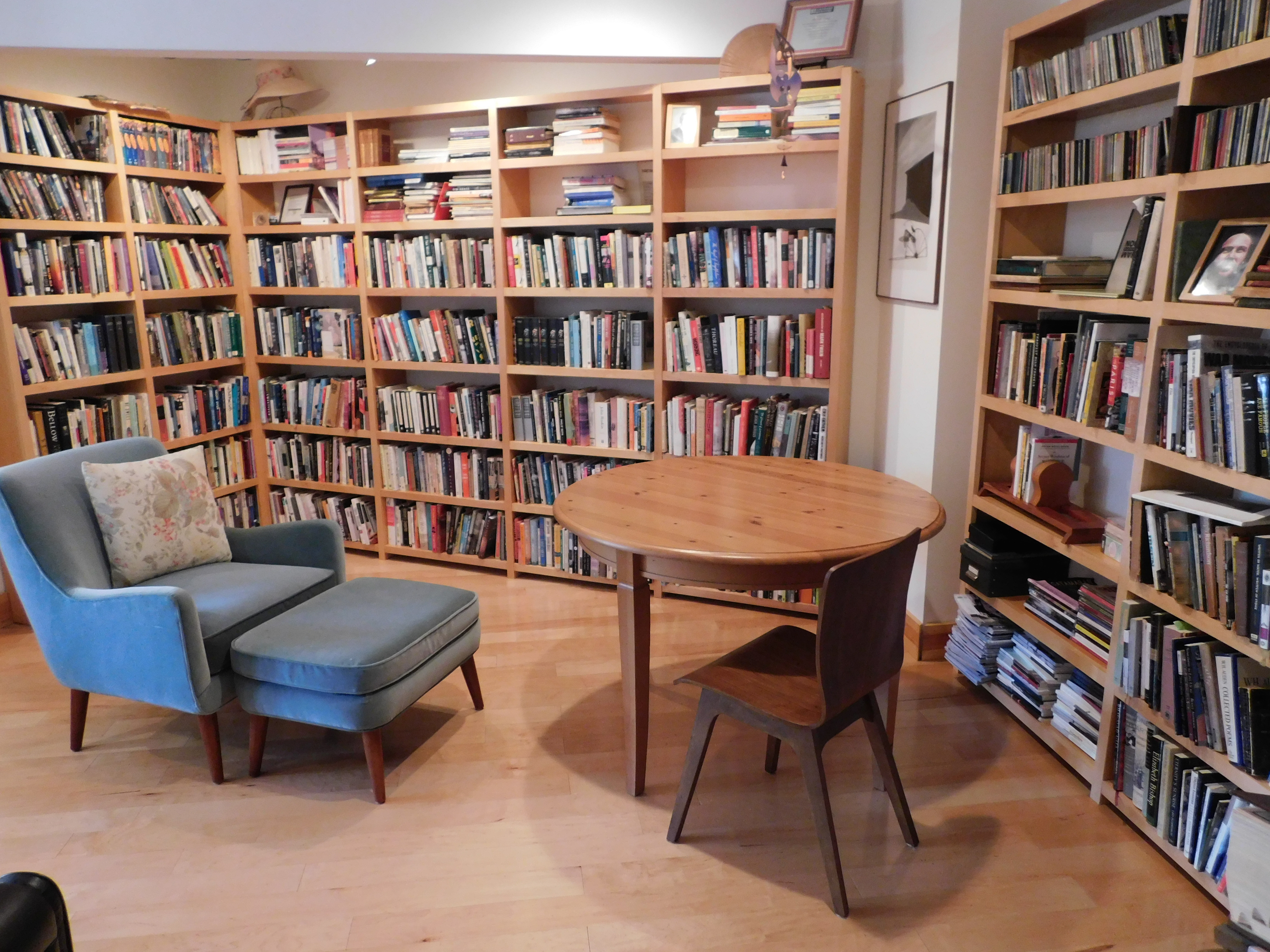 |
| Robert Gray's KonMari-free zone |
Well, we have a lot of books in our house, many of which could be said to "spark joy" individually. What really sparks joy, however, is the wall of books in our library, where some titles have a lifetime membership while others stay briefly, then move on to new homes. Our shelves are like a spring-fed pond, which seems calm and unchanging on the surface.
I took a photo of our bookshelves this morning, just to frame my thoughts. I suspect Marie Kondo would have a field day here, despite the fact that within the past three years we have actually handled and dusted every volume. Were we also "waking them up?" I hope so.
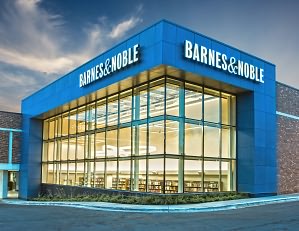 First the good news at Barnes & Noble: in the holiday period beginning on Black Friday and ending on New Year's Day, sales at stores open at least a year rose 4%, "the best comparable sales performance for the company in several years," B&N said. And for the nine-week period ending December 29, comp-store sales rose 1.3%.
First the good news at Barnes & Noble: in the holiday period beginning on Black Friday and ending on New Year's Day, sales at stores open at least a year rose 4%, "the best comparable sales performance for the company in several years," B&N said. And for the nine-week period ending December 29, comp-store sales rose 1.3%.





SHELFAWARENESS.0213.S4.DIFFICULTTOPICSWEBINAR.gif)





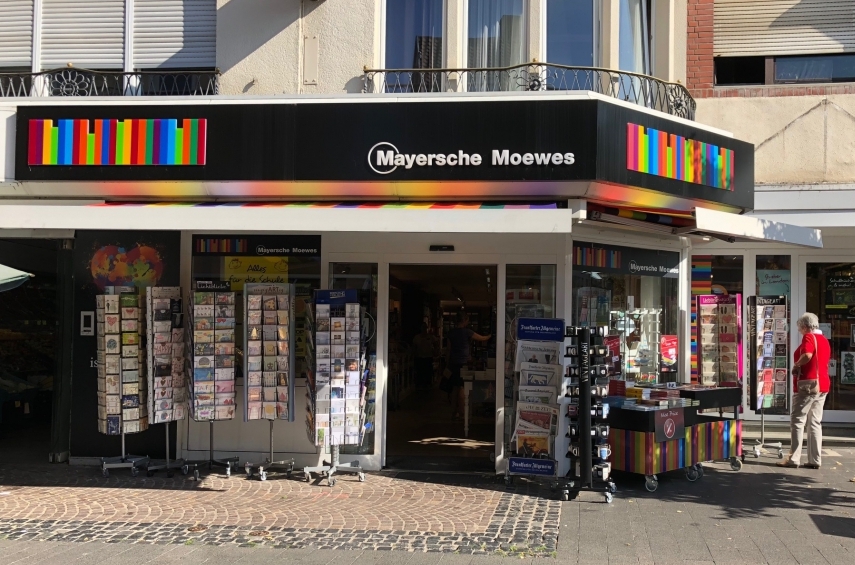


SHELFAWARENESS.0213.T3.DIFFICULTTOPICSWEBINAR.gif)
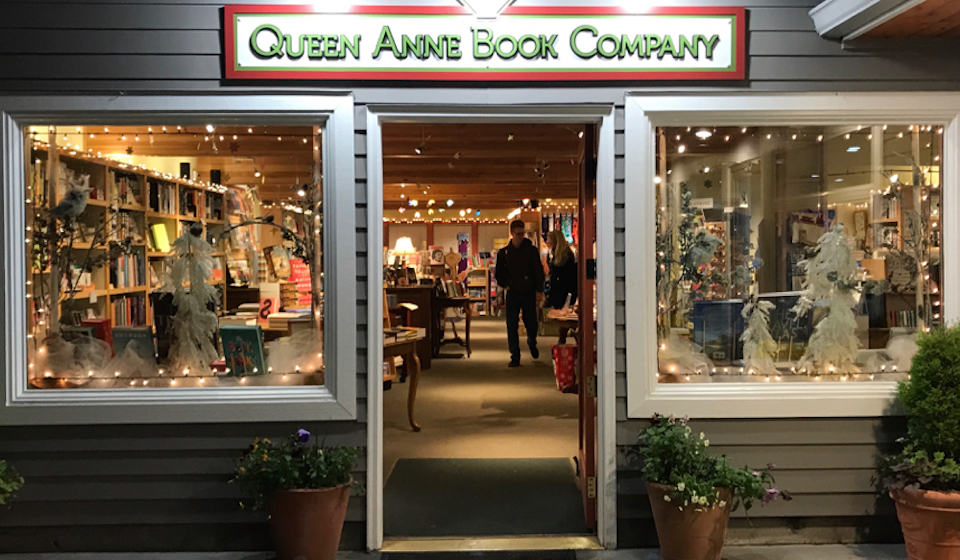 In the fall of 2012, Queen Anne Books in Seattle, Wash., closed abruptly after being in business since 1988. The store reopened just four months later under the name
In the fall of 2012, Queen Anne Books in Seattle, Wash., closed abruptly after being in business since 1988. The store reopened just four months later under the name 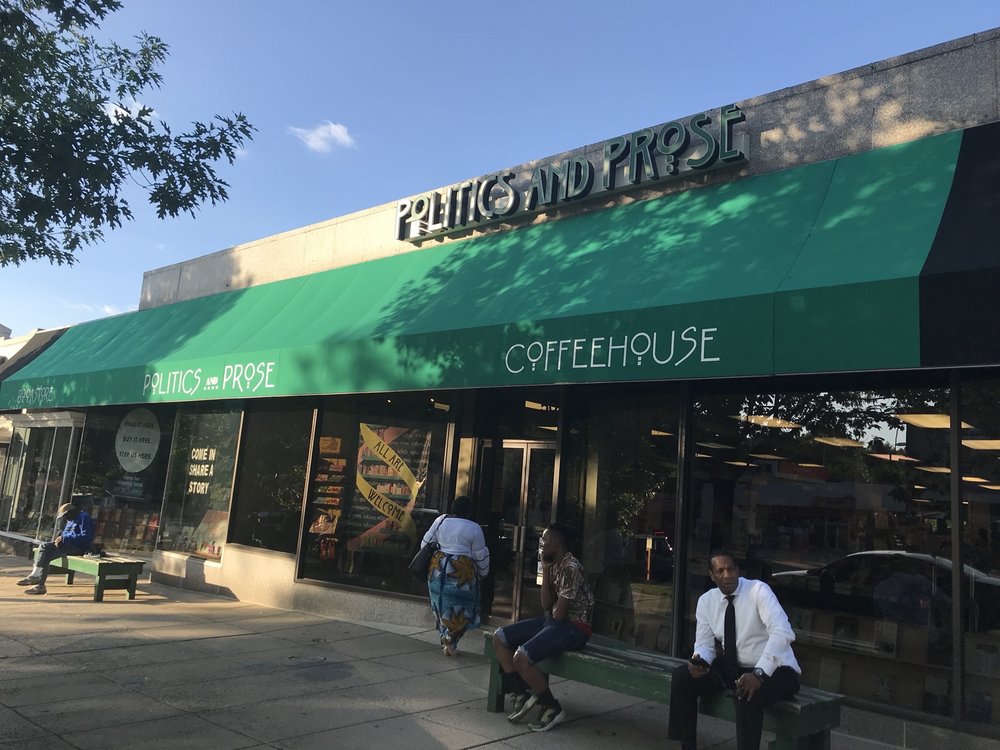
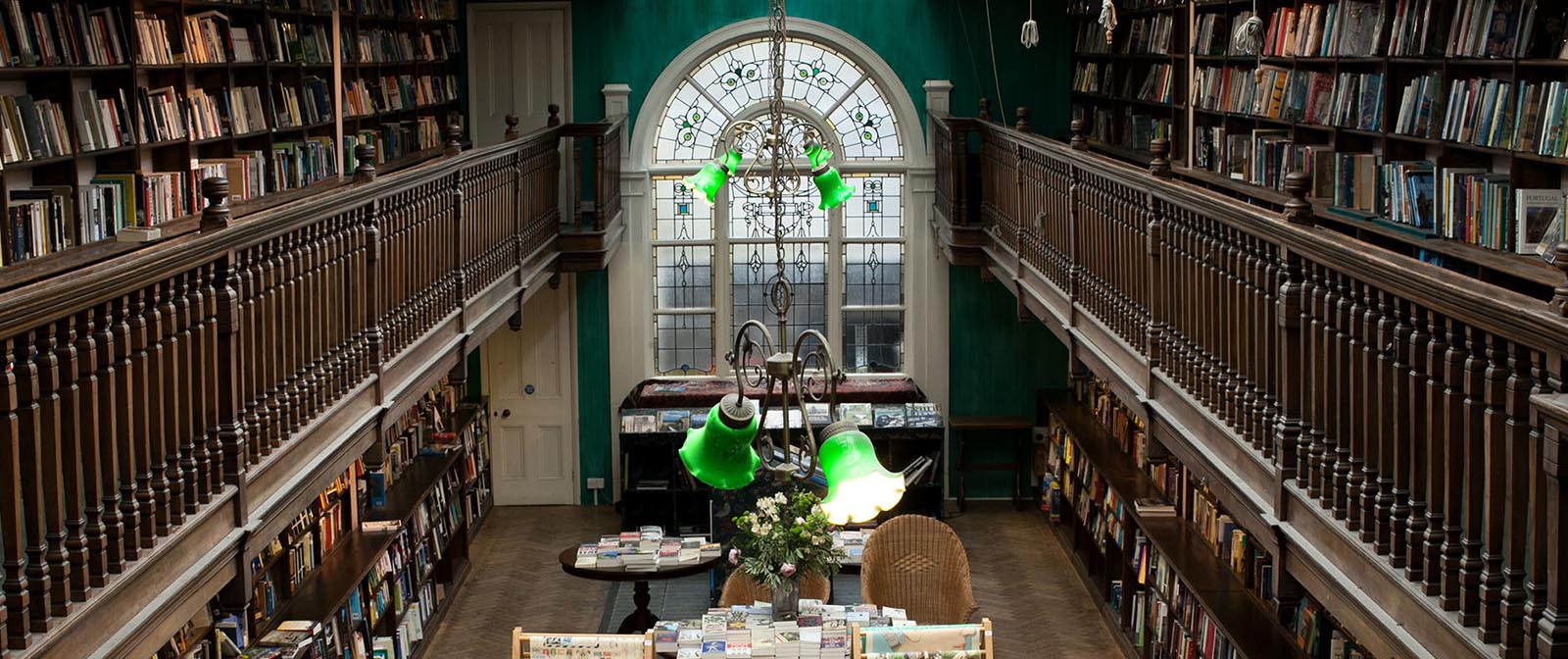 A London resident said
A London resident said 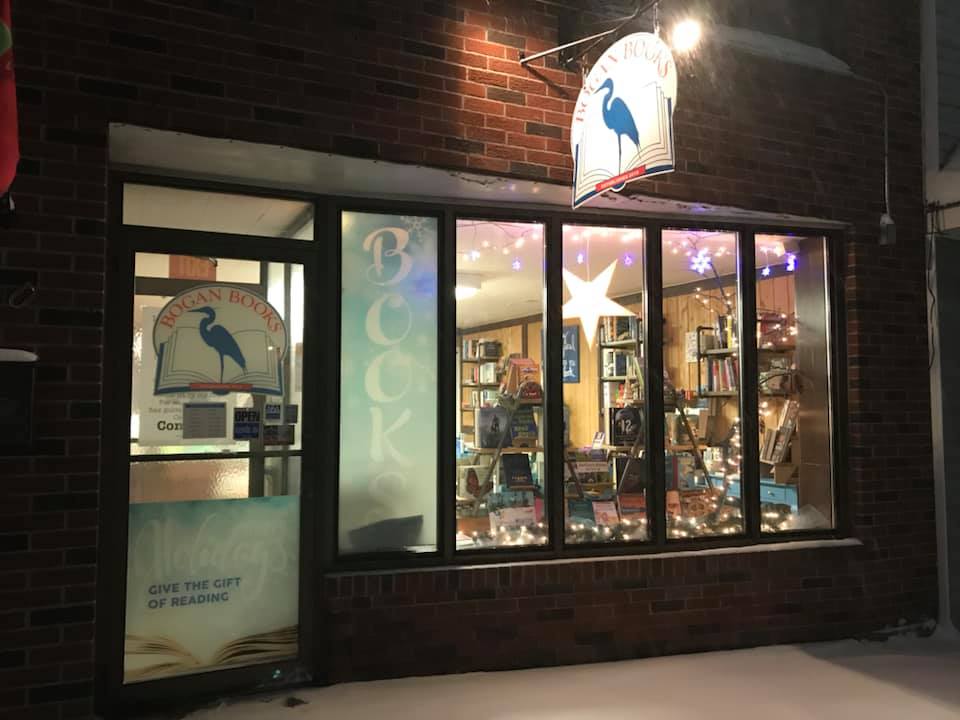
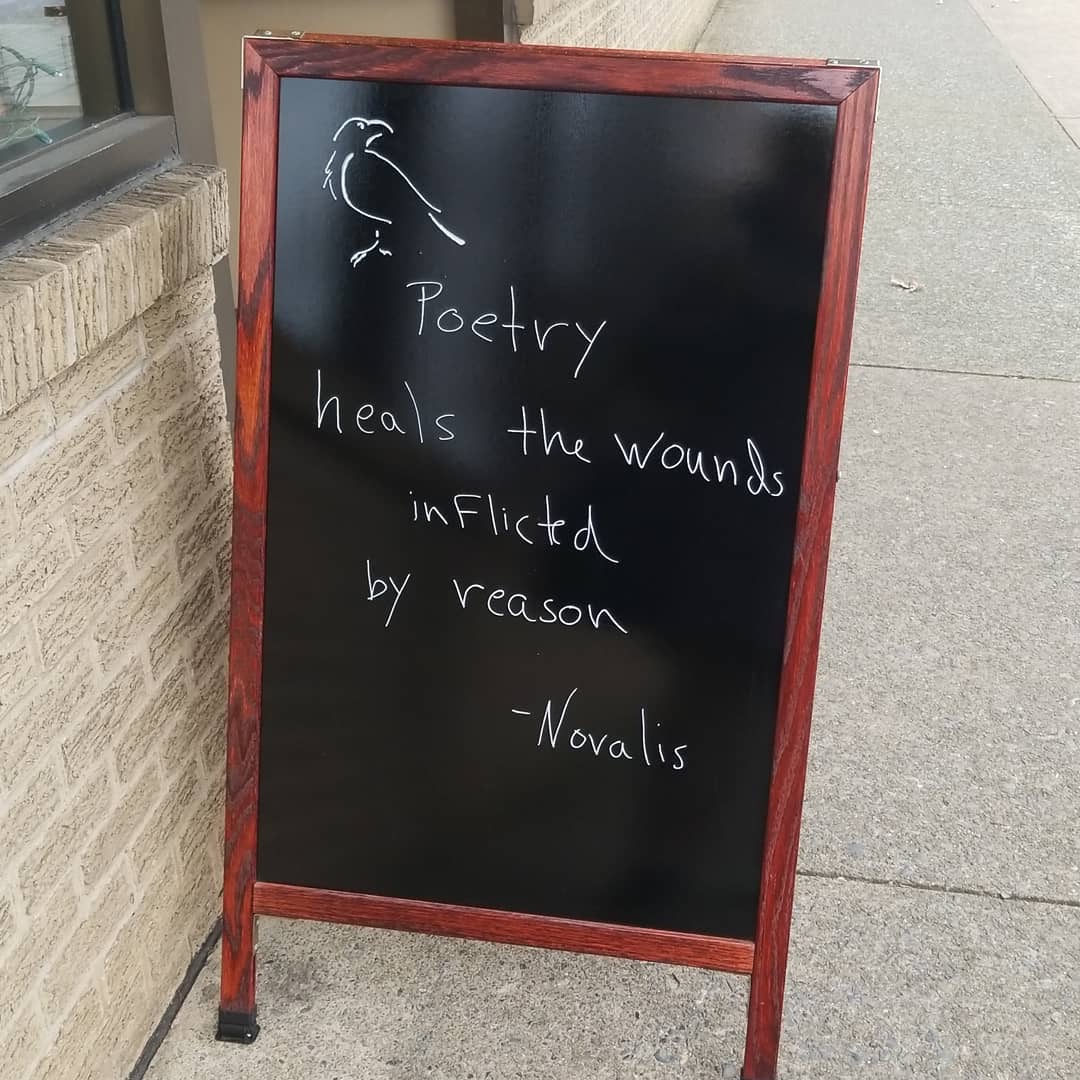 The sidewalk chalkboard in front of
The sidewalk chalkboard in front of  Mind Your Business: A Workbook to Grow Your Creative Passion into a Full-Time Gig
Mind Your Business: A Workbook to Grow Your Creative Passion into a Full-Time Gig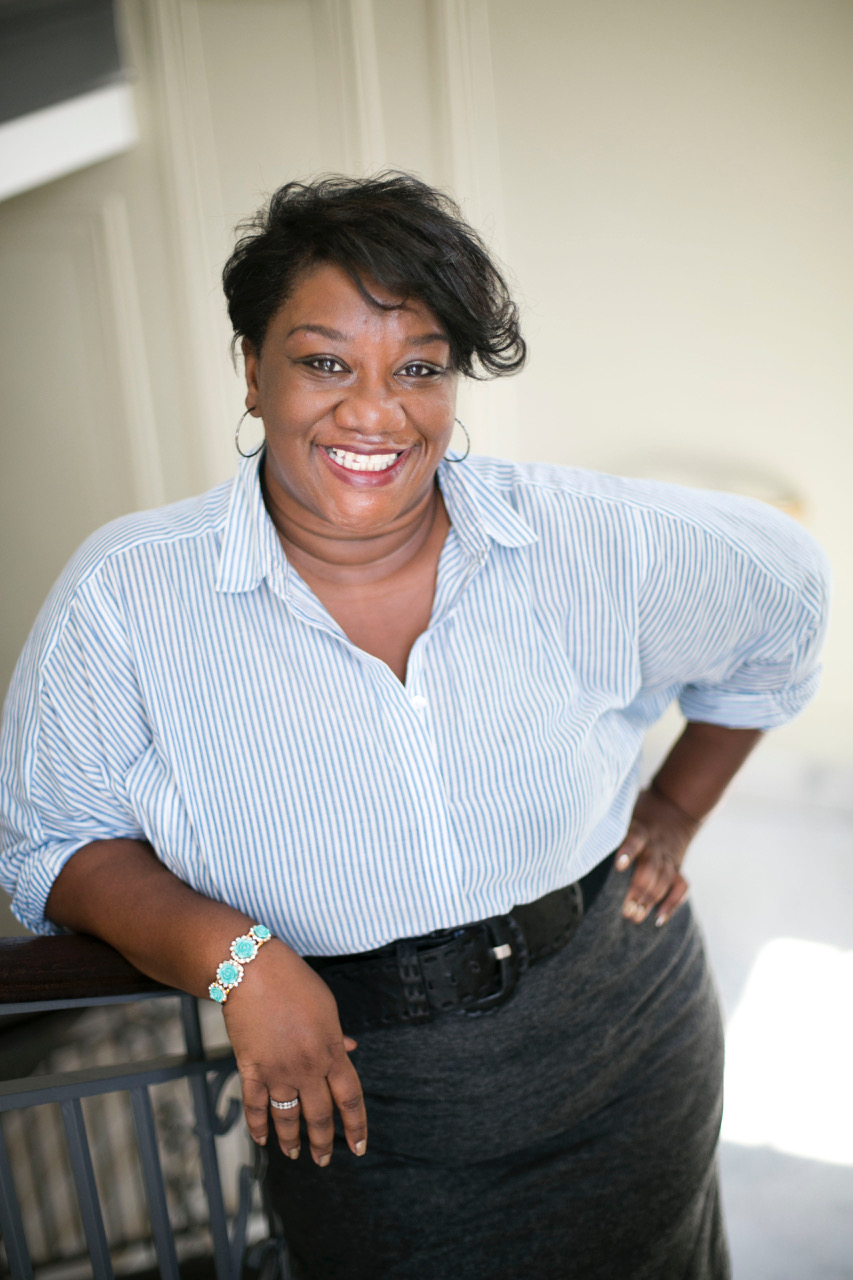 Tressie McMillan Cottom
Tressie McMillan Cottom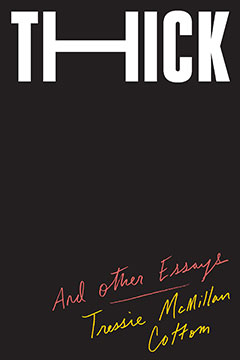 Book you're an evangelist for:
Book you're an evangelist for: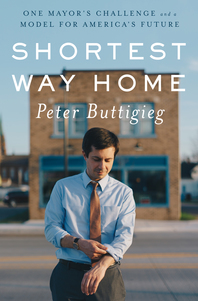 Growing up in South Bend, Ind., Pete Buttigieg never expected to become the mayor of his hometown. But at 37, after a winding journey that took him to Harvard, Oxford and Afghanistan, Buttigieg not only lives in his childhood neighborhood, he works for the place that has shaped him. His memoir, Shortest Way Home, chronicles his own story alongside that of South Bend's post-industrial struggle and its gradual revitalization.
Growing up in South Bend, Ind., Pete Buttigieg never expected to become the mayor of his hometown. But at 37, after a winding journey that took him to Harvard, Oxford and Afghanistan, Buttigieg not only lives in his childhood neighborhood, he works for the place that has shaped him. His memoir, Shortest Way Home, chronicles his own story alongside that of South Bend's post-industrial struggle and its gradual revitalization.